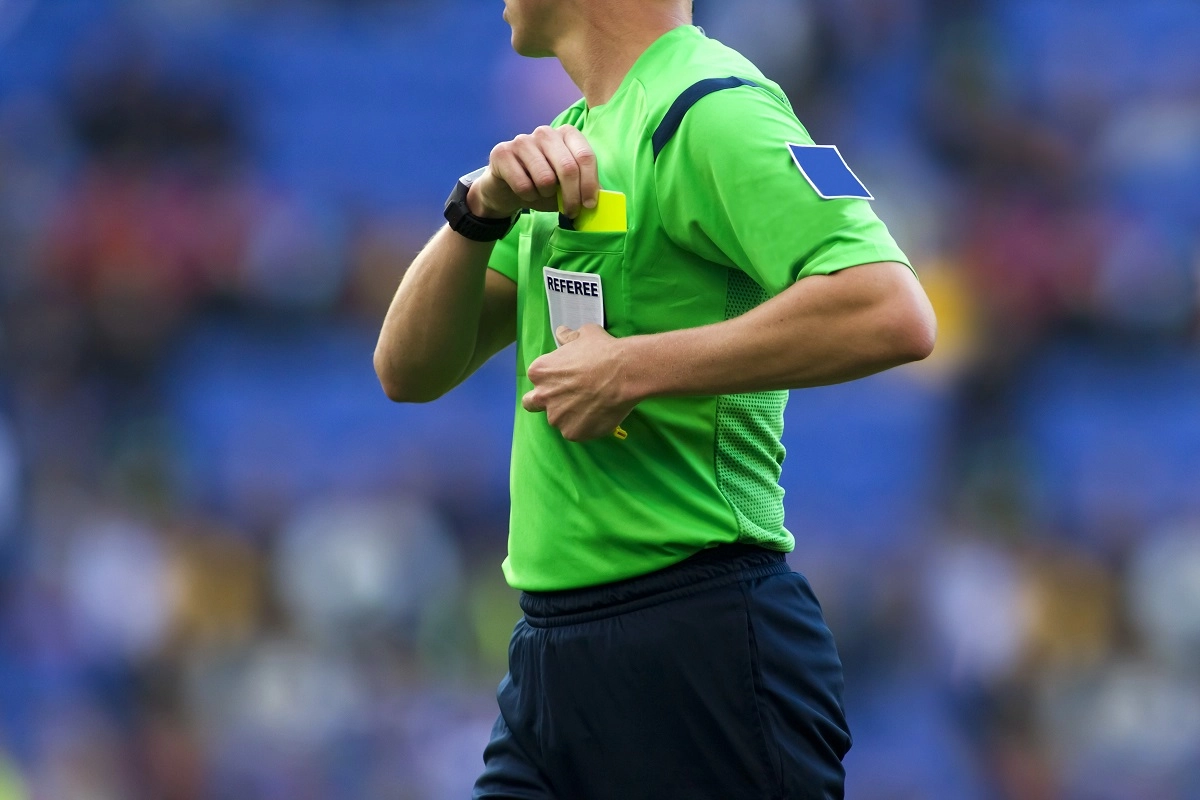Soccer refereeing has evolved significantly over the past decade, and keeping up with changes is essential for anyone involved in the game. For those interested in understanding trends and outcomes, resources like soccer predictions offer valuable insights, complementing the referee’s knowledge of rules with an awareness of team strategies and player tendencies.
A referee’s role extends beyond simply enforcing the Laws of the Game. Modern officiating emphasizes preventive strategies, communication, and game management. By anticipating player behavior and recognizing potential conflicts before they escalate, referees can maintain flow and fairness, making matches safer and more enjoyable for everyone.
Training and continuous education are critical. Many referees attend workshops, review case studies, and participate in online forums to analyze match situations. Practical experience, such as officiating youth, amateur, and semi-professional games, allows referees to apply theory in real-world scenarios, improving decision-making under pressure.
Collaboration with players, coaches, and other officials is also essential. Clear communication helps set expectations and encourages mutual respect on the field. Technology, from VAR systems to wearable devices, further supports referees in maintaining accuracy and consistency across competitions.
Ultimately, successful refereeing combines knowledge, intuition, and adaptability. By embracing modern techniques, learning from experience, and staying informed about developments in the sport, referees enhance the integrity of soccer while supporting its growth at all levels.
